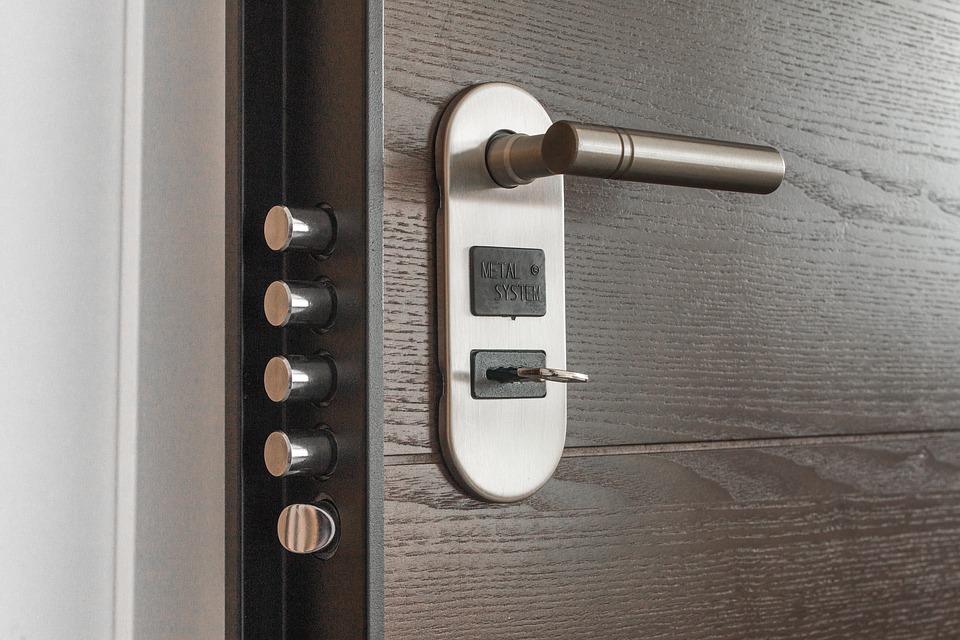You may recognize the value of your wallet in your purse or pant pockets in terms of cash you are carrying. It is therefore normal to feel like getting struck by lightning when your wallet gets stolen. What is less often acknowledged is that if you had credit cards and other things in that wallet and the wallet got stolen. Not only is there a possibility of greater monetary loss, worse case scenarios often manifest several days after the theft. Your credit score may take a nosedive. Your lenders and creditors will keep calling day in and night out. You may even receive a large bill for a purchase that you never made. What you will basically experience is a living nightmare.
1. Calling For Stolen Debit Cards
When you are hit with a stolen wallet incident and the wallet had your most important card that you use for everyday needs like a debit card, the first thing to do is to notify your debit card issuer, such as banks and credit unions. Fortunately, you are not alone. Every year more than 17 million of stolen cards and identity thefts are reported to authorities according to a statistics report. Banks and credit unions see this happen all the time, so when you call them it may not come as a surprise to these officials. The only issue here is if you are calling after two or more days after the theft.
Generally speaking, for the first two days, you are only liable for the first $50 stolen from your debit card. But if for some reason you are calling after three business days, your liability will increase to $500. After 60 days, you may be responsible for paying the entire stolen amount. Banks can be very aggressive when it comes to stolen debit cards. Who can blame them? It is not their money after all and they are required to cover the loss. Know that the chances of recovering loss from a debit card theft are very slim for the banks, unlike credit card companies. The best thing to do in this situation is to plunge into action as soon as you realize that your debit card is missing. If you aren’t handling this wisely, you can expect to find yourself losing your life savings if the card account is where you stored it.
2. Calling Your Credit Card Company
For years, credit card companies got a bad rap for making customers pay for any unauthorized charges until they realized that credit card thefts were occurring at an alarming rate and customers were losing faith in the credit card industry. Then came the law that said any fraudulent charges incurred on a credit card will not be customers’ responsibility. That being said, if you had one or more credit cards in your stolen wallet, chances are you have the same fraud protection offered to others by most credit card companies in the market.
Nevertheless, make sure to call your credit card company and ask them to cancel the card. If you found out that the thief had already made away with a few thousand dollar worth of electronics from the store near where you last stopped by, those charges will show up on your online statement. On notifying the credit card issuer, the charges will be temporarily credited followed by full compensation once the investigation is done and you are proved to be a victim of fraud.
3. Protecting Your Social Security
In rare cases, where the thief had access to your social security card, since most people don’t carry this card around unless it is absolutely needed, you have a different set of issues to deal with. Your social security number can do more than just fetch a few bucks from your account or that of your creditors. It can let the thief open a loan account in your name, file taxes on your behalf or even make your existence obsolete.
What’s more dangerous is when you are in your retirement years and your sole source of income from social security is diverted elsewhere. It could take months and quite a number of trips and letters to relevant authorities to reverse the damage done. So, as soon as you find out that your SSN number is at stake, replace your social security card at online with a service such as, www.applicationfilingservice.com. Better yet, call the SSN office directly and talk to the customer support about your concerns.
4. Keeping A Tab On Stolen Goods
Sometimes it is hard to keep track of what you have lost. With so many credit, debit and store cards filling our life and eventually ending up in our wallets and handbags, there are chances that you forgot about one or more of them. However, online tools make it easier to list all of your active cards and store them in one place. During the unfortunate event of losing your wallet, you can simply log into one of these tools and check for the one you are yet to report or take appropriate action. It will let you cross check which cards were in the wallet and what items are in your possession in the current moment.
5. Filing A Police Report
The faster you file a police report about your lost or stolen wallet, the better for both you and your creditors. Filing this report makes it easier for your banks and credit card companies to cross check and verify your case while expediting charge reversal. You may be reluctant to file this report when the amount stolen is small or things lost are less important. However, it may be helpful in the sense it may safeguard your identity in the future. There is a good chance that you will be able to recover your lost items when it is being reported. Some credit card companies may demand a police report number when a significant amount of money is stolen.
When you are filing this report, you will be asked to provide the content of the wallet as well as the physical description of the wallet. Be ready to submit any soft or hard copies of the content that you have. As much as you can remember, mention the location and time the theft took place. Be sure to get a copy of the report for your own records. Mention the things you did after the incident like calling the bank, filing to replace your social security card at applicationfilingservice.com or calling your retail card issuer. If possible, follow up with the case every month or two or until you no longer need the stolen items.
6. Minimizing Your Obligation
Since we are on the topic of theft, this is a good time to talk about a few strategies like carrying only things that are absolutely and critically needed. Some of these items include driver’s license, a credit card or debit card that you frequently use at store and a small amount of cash if needed. Leave the rest behind. Make sure that your credit card carries a low credit limit so that even when it gets stolen, the thief won’t be able to spend beyond that limit. It is generally smart to install a mobile alert app and in most cases they are worth the extra effort and storage space.




